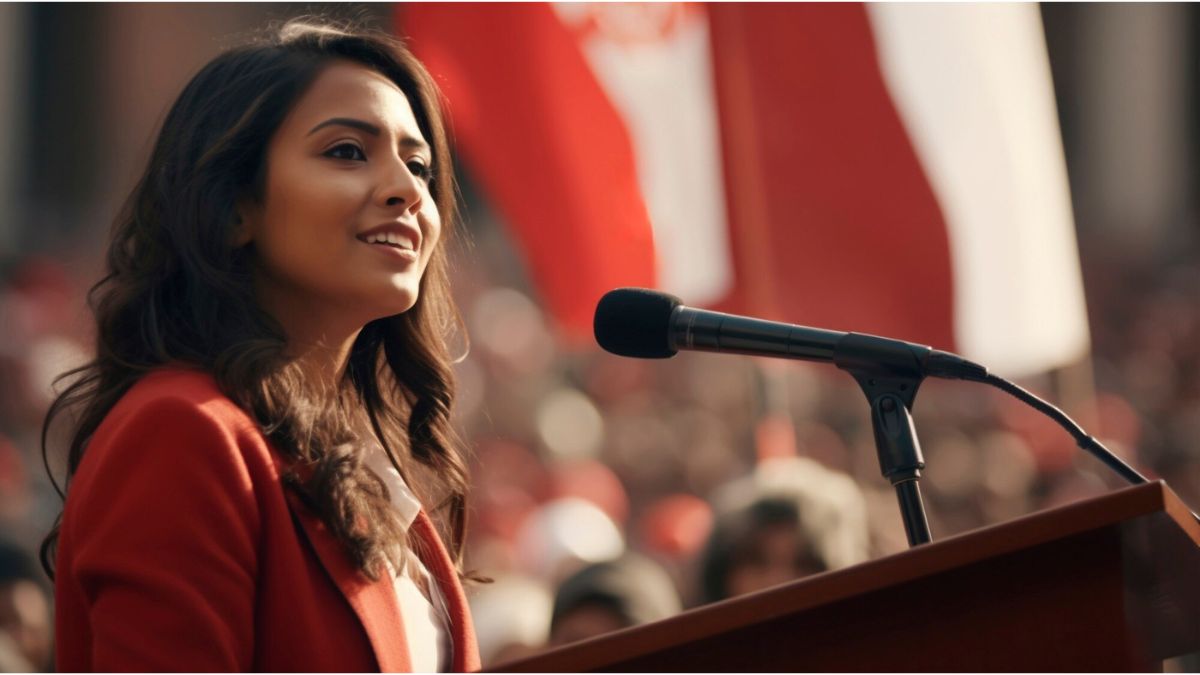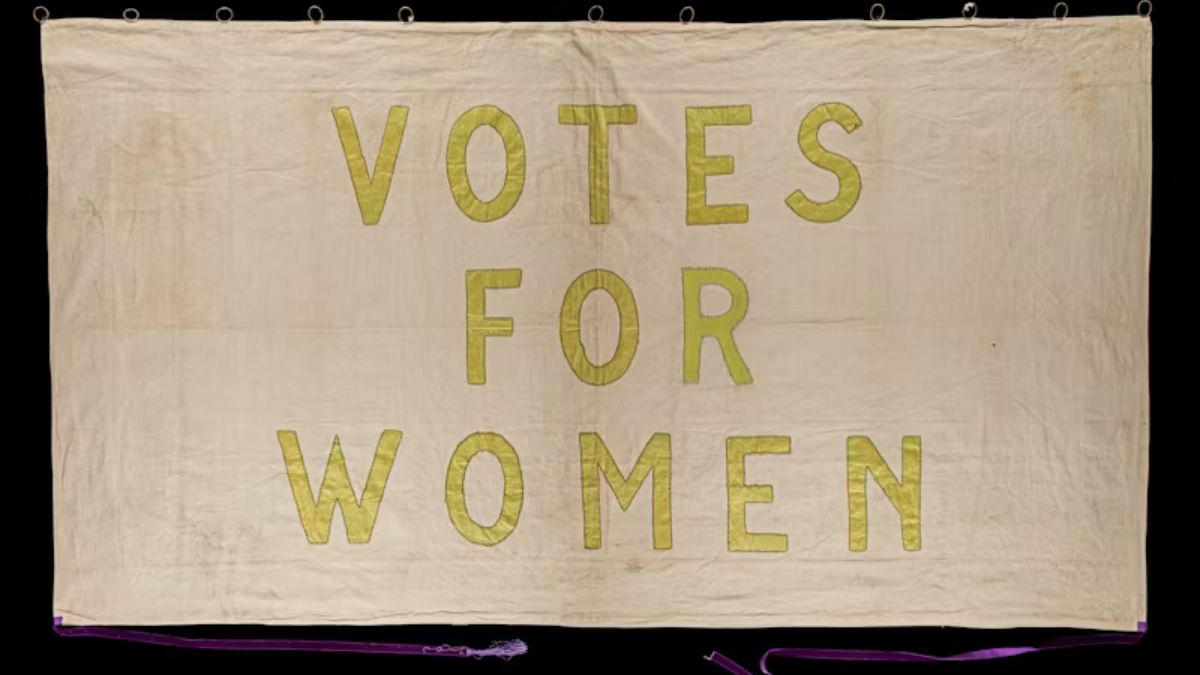10 Iconic Women Leaders Who Transformed the World

Leadership has always been a force for change, but the contributions of women leaders throughout history have reshaped what it means to lead with bravery, vision, and empathy. Women have torn down barriers and carved routes in traditionally male-dominated sectors, ranging from politics to social activism. Their accomplishments last well beyond their lives, inspiring countless people and reshaping communities.
Here are 10 iconic women leaders who have made significant contributions to their countries and the world:
1. Jacinda Ardern (New Zealand)
Jacinda Ardern’s leadership as Prime Minister of New Zealand from 2017 until 2023 demonstrated caring and sympathetic values. She received international attention for her prompt and compassionate response to the Christchurch mosque massacres in 2019, in which she unified the nation with a message of love and togetherness. During the COVID-19 pandemic, Ardern’s clear communication and decisive steps reduced the impact on New Zealand. Her ability to strike a balance between governance and empathy has set a new standard for contemporary leadership. Ardern’s focus on mental health initiatives, child poverty reduction, and environmental sustainability demonstrated her commitment to creating a just and equitable society. She continues to inspire young leaders around the world.

2. Angela Merkel (Germany)
Angela Merkel, frequently referred to as the “de facto leader of the European Union,” was Germany’s Chancellor from 2005 to 2021. Merkel, a scientist by training, provided pragmatism and stability to German politics during her 16-year term. She led Germany through the global financial crisis, the European debt crisis, and the immigration crisis in 2015. Merkel’s leadership style focused on patience, debate, and inclusivity. Her efforts to tackle climate change, develop Germany’s economy, and promote human rights solidified her status as one of Europe’s most powerful leaders.

3. Kamala Harris (United States)
Kamala Harris made history in 2021 as the first woman, Black, and South Asian Vice President of the United States. Her career as a prosecutor, followed by service as California’s Attorney General and later as a United States Senator, illustrates her commitment to justice and equality. Harris has advocated for reforms in criminal justice, healthcare, and education. Her support for women’s rights and dedication to eliminating structural racism make her a formidable force in American politics. As a pathfinder, Harris paved the way for future generations of diverse leaders.

4. Malala Yousafzai (Pakistan)
Malala Yousafzai’s name has become synonymous with the battle for female education. At the age of 15, she survived a Taliban assassination attempt for advocating for education in Pakistan’s Swat Valley. Her tenacity and unflinching dedication to her cause earned her the Nobel Peace Prize in 2014, making her the youngest recipient. She continues to work with the Malala Fund to provide educational opportunities for girls all across the world. Malala’s courage and advocacy serve as a reminder of education’s ability to improve lives and societies.

5. Ellen Johnson Sirleaf (Liberia)
Ellen Johnson Sirleaf became Africa’s first elected female head of state, leading Liberia from 2006 to 2018. Her leadership was crucial in rebuilding Liberia following years of civil strife. Sirleaf aimed to promote peace, women’s rights, and economic growth. Sirleaf’s efforts to empower women and build democratic institutions have had a long-term impact, earning her the Nobel Peace Prize in 2011. Her leadership style, which combines resilience and vision, continues to inspire women in politics and beyond.

6. Margaret Thatcher (United Kingdom)
Margaret Thatcher, known as the “Iron Lady,” was the United Kingdom’s first woman Prime Minister, serving from 1979 to 1990. During her term, she implemented radical economic changes such as privatising state-owned companies and decreasing trade union authority. Thatcher’s unwavering policies and leadership during the Cold War cemented her status as a tough leader. While her policies continue to be polarising, her determination and trailblazing role in a male-dominated political arena cannot be denied.

7. Tsai Ing-wen (Taiwan)
Tsai Ing-wen, Taiwan’s first female president, has played a key role in redefining the country’s global standing. Since taking office in 2016, she has rebuilt Taiwan’s economy, increased its defence capabilities, and pushed for its sovereignty in the face of mounting pressure from China. Tsai’s leadership demonstrates her support for democracy, gender equality, and progressive principles. Under her leadership, Taiwan became the first Asian country to legalise same-sex marriage, a significant step forward in human rights.

8. Indira Gandhi (India)
Indira Gandhi was India’s first and only female Prime Minister, serving from 1966 until 1977 and again from 1980 until her assassination in 1984. Her reign was characterised by transformative programs, such as the Green Revolution, which made India self-sufficient in food production. Gandhi’s leadership throughout the Bangladesh Liberation War in 1971 demonstrated her strategic skill and determination. Despite controversies such as the Emergency, her influence on India’s political and economic environment is still enormous.

9. Benazir Bhutto (Pakistan)
Benazir Bhutto made history as the first woman to lead a Muslim-majority country, serving as Prime Minister of Pakistan from 1988 to 1990 and again from 1993 to 1996. Bhutto, a charismatic leader, pushed for women’s rights, economic modernisation, and social changes. Despite tremendous opposition and personal tragedies, Bhutto’s determination and vision for a progressive Pakistan inspired millions. Her untimely assassination in 2007 left a legacy of optimism and dedication for democratic values.

10. Golda Meir (Israel)
Golda Meir was Israel’s first and only female Prime Minister, serving from 1969 until 1974. Known as the “Iron Lady” of Israeli politics, she was instrumental in building the new nation during difficult times, including the Yom Kippur War. Meir’s commitment to her country and honest approach to diplomacy gained her international recognition. Her leadership displays drive and dedication to national security and peacekeeping.

The experiences of these ten remarkable women leaders highlight the powerful impact of resilience, vision, and diversity in leadership. They pushed conventional norms, confronted adversity head on, and left a legacy that continues to inspire future generations. Their stories offer as striking examples of what is possible when people lead with honesty and purpose. As the globe evolves, the need for diverse and inclusive leadership becomes increasingly important. By recognising their accomplishments and learning from their lives, we move closer to creating a society in which leadership recognises no gender or background.









